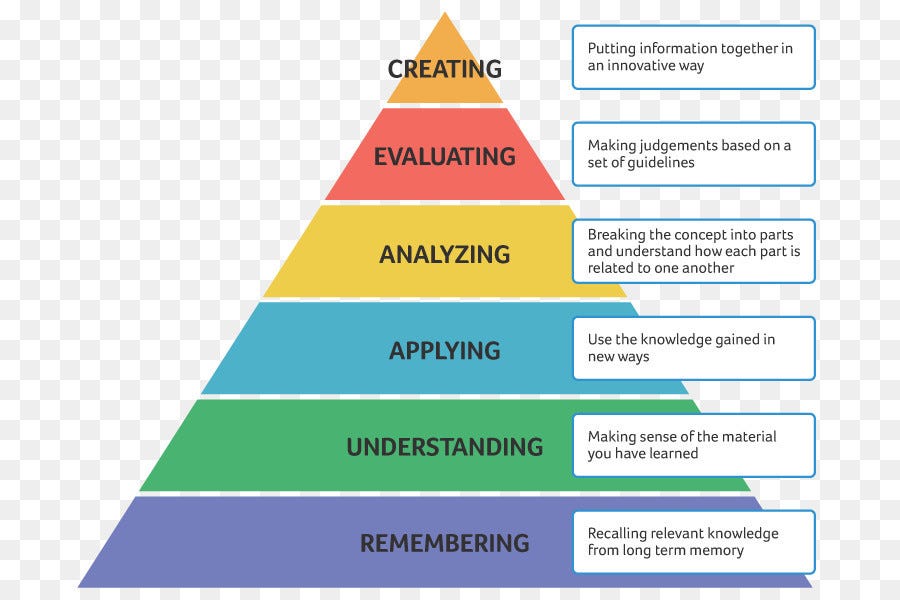VARIOUS FORMS OF KNOWLEDGE
When it comes to knowledge, there are many types. Most forms of knowledge are quite useful given the context of the situation, how the knowledge is being applied or communicated, and so forth. There are some instances where knowledge is not so useful. If you consider a branch of knowledge that is not useful at all, then you can assume a large percentage of that is because that knowledge is not helpful given the context of where the knowledge is being applied or the type of knowledge the person has acquired is rather superficial. Eg. What good is it knowing that an ant can carry up to approx. 50 times its own body weight if you are being asked to solve an algebraic equation that has nothing to do with that fact. The fact itself that an ant can do that is quite amazing however, as discussed context matters. Where you apply the knowledge matters
Similarly, if one has just scratched the surface of something – without doing research on the topic or learning extensively, unless they have prior knowledge regarding that subject, you can assume that most likely they have superficial knowledge regarding that subject.

As can be seen on the knowledge pyramid above, the base of the pyramid is recalling knowledge from long-term memory also known as remembering. As you move up to the top of the pyramid, you are better able to contextualise and synthesise the knowledge and create information in innovative ways, and able to communicate it better to others.
The main types of knowledge that are often referred to are as follows:
1. Posteriori Knowledge – Knowledge that we get directly from our own personal experiences.
2. Priori Knowledge – Knowledge which is the opposite of the above. i.e. You can come to your conclusions through reason alone. Eg. 2 + 3 = 5 in mathematical principles.
3. Dispersed or Distributed Knowledge – Something one person alone can’t see in its entirety. i.e. Need a team of experts to grasp a concept of something or to achieve common goals such as in a business.
4. Domain or Expert Knowledge – Specialised or deep knowledge in one particular field/domain/discipline. Experts in their field are usually paid incredibly well as they have spent their careers focusing on their fields (as opposed to polymaths who are expert generalists).
5. Empirical Knowledge – Knowledge obtained through the senses alone.
6. Encoded Knowledge – The type of knowledge recorded in symbols and codes. Eg. Hyroglifics in the pyramids or road signs.
7. Tacit Knowledge – Knowledge that you have but can’t easily express. Eg. Emotional intelligence or practitioner knowledge.
8. Explicit Knowledge – Opposite of Tacit knowledge in that it can easily be explained to outsiders. Eg. Guides/Manuals/Recipes
9. Metaknowledge – This is information on knowledge. Eg. Taxonomies – a model for classifying things.
10. Imperative Knowledge – Knowing how to carry out tasks effectively. Eg. Family secrets when a mum passes her favourite recipe to her daughter, etc., or SOPs in Business.
11. Descriptive Knowledge – Also known as propositional knowledge is about knowing that something is true. It can be learned through memorisation and does not require significant practical experience in the field or subject. Eg. Passive learning.
12. Situated Knowledge – The type of knowledge that emerges out of a specific context, community, or culture. Eg. Cultural anthropology or education.
13. Known Unknowns – Something that we don’t know or understand. We are aware of what we need to learn and can still seek out answers to these. Eg. Confusion and Curiosity.
14. Unknown Unknowns – These are things we don’t have and equally are unaware that we don’t have them. Usually beyond our comprehension and beyond our wildest dreams. Eg. Theoretical Physics and Religion.
(Credit: Helpfulprofessor.com)

Recent Comments